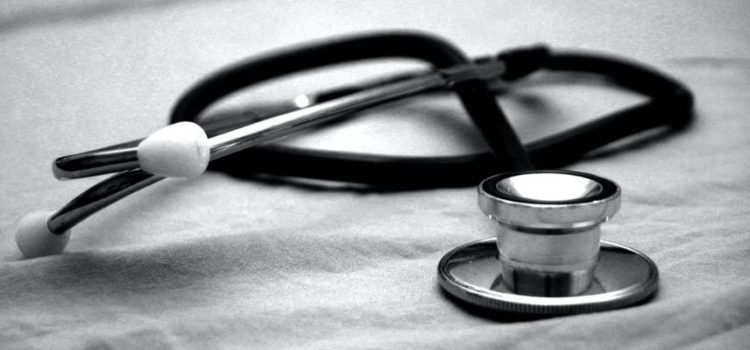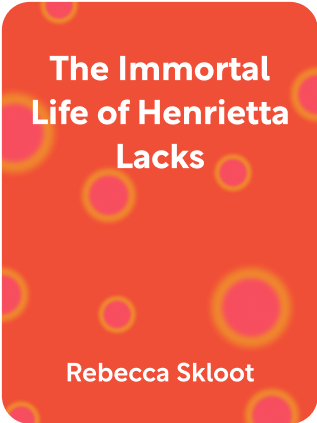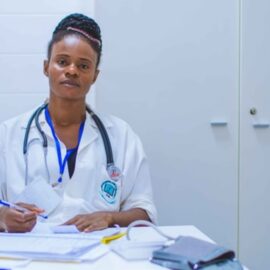

This article is an excerpt from the Shortform summary of "The Immortal Life of Henrietta Lacks" by Rebecca Skloot. Shortform has the world's best summaries of books you should be reading.
Like this article? Sign up for a free trial here .
Why does the city of Atlanta have a Henrietta Lacks Day? Who is the doctor that advocated for that recognition? Where is Dr. Roland Pattillo now?
Roland Pattillo is a gynecologist that organized the first HeLa conference. He was also one of the few African-American students that studied under the doctor that responsible for the spread of HeLa cell cultures.
Learn more about Roland Pattillo and his efforts to recognize Henrietta Lacks.
Recognition for the Lackses
1996 was a triumphant year in the Lacks family story. The BBC began filming a documentary about Henrietta and HeLa, and there was a doctor advocating for the recognition of Henrietta Lacks and her contribution to science.
For Roland Pattillo, Henrietta Lacks was a personal connection. Pattillo, a gynecologist at Morehouse School of Medicine, was one of George Gey’s only African-American students. He organized the inaugural HeLa Cancer Control Symposium. The symposium featured research presentations on cancer in minority populations, and Roland Pattillo even managed to get the city of Atlanta to declare October 11, 1996, Henrietta Lacks Day.
Invited by Roland Pattillo, Henrietta Lacks’ family came to the conference and were welcomed as honored guests; people even asked for their autographs. It was a pivotal moment for Deborah, who gave a heartfelt speech about how much she missed her mother.
The BBC filmed the conference, and shortly thereafter visited Turner Station to interview residents about Henrietta. Their presence piqued the interest of Courtney Speed, the owner of a local grocery store and beauty parlor, who’d just founded an organization devoted to raising Turner Station’s profile by touting famous residents of the past.
Dr. Roland Pattillo Connects Skloot and the Lackses
Around the same time that Deborah was learning about the traumas her mother and sister had endured, Skloot was conducting research into Henrietta. In 1999, on her twenty-seventh birthday, Skloot came across a collection of papers delivered at Pattillo’s conference dedicated to Henrietta.
Skloot immediately called Dr. Roland Pattillo. She explained she was writing a book on Henrietta Lacks and asked Pattillo if he could put her in touch with Henrietta’s surviving family. For Roland Pattillo, Henrietta Lacks was part of a pattern of ethical issues in medical research. He was skeptical of Skloot’s intentions and asked her what she knew about African-Americans’ historical experience with medical researchers in the US. Skloot described the Tuskegee syphilis study, “Mississippi Appendectomies,” and the lack of funding for sickle-cell anemia.
Pattillo wasn’t convinced immediately, but after three more days of Skloot’s persuading, he relented. Skloot got from Roland Pattillo Henrietta Lacks’ daughter’s number. That’s how Skloot finally connected with Deborah Lacks.
Where Is Roland Pattillo Now?
As of 2009, Dr. Roland Pattillo, the organizer of the HeLa conference in 1996, was a professor of medicine at Morehouse College. The HeLa conference is still held every year, and he and his wife plan to purchase a marker for Henrietta Lacks’s grave.

———End of Preview———
Like what you just read? Read the rest of the world's best summary of Rebecca Skloot's "The Immortal Life of Henrietta Lacks" at Shortform .
Here's what you'll find in our full The Immortal Life of Henrietta Lacks summary :
- How Henrietta's cells became used in thousands of labs worldwide
- The complications of Henrietta's lack of consent
- How the Lacks family is coping with the impact of Henrietta's legacy






